

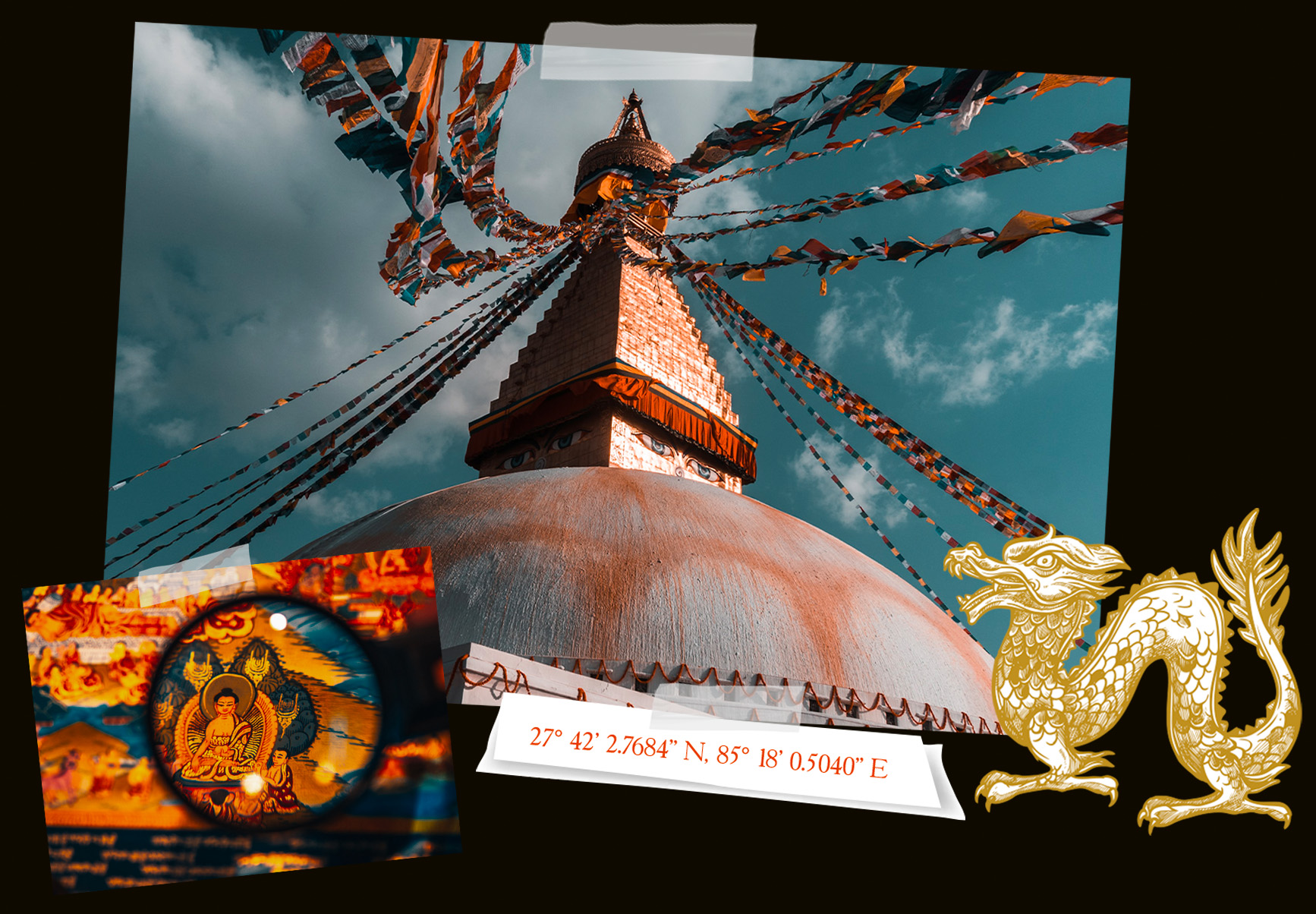
Is Kathmandu dangerous for travel?

The signs were clear; we had not needed anyone shrewd and streetsmart to confirm that the phone had been stolen. Despite all tourist guides talking about the cordiality of the locals and the low criminality in Kathmandu in the 21st century, a local misfit had taken off with my friend’s phone.
Before travelling to Nepal, he'd bought the best phone possible to document our entire journey and our work. Which is exactly what he had done. And now, a terabyte of valuable photos and irreplaceable data stored on that phone are in the hands of a Kathmandu taxi driver, oblivious to their importance, who would sell it based on weight for a mere couple of rupees. We were screwed. If only the thief would at least pick up the phone and somehow send us the contents. But such a drop of altruism seemed too much for that selfish crook.
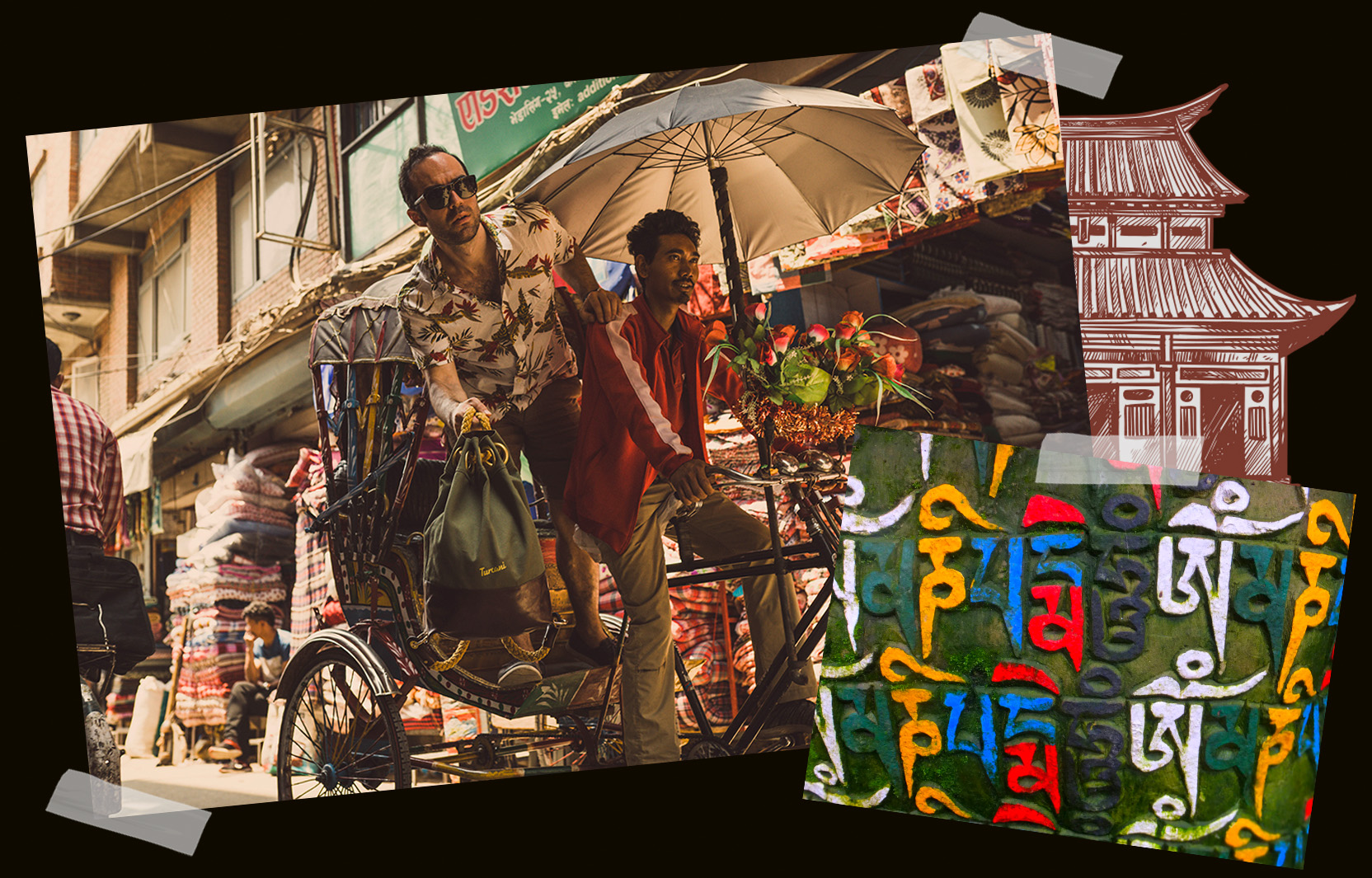
Oh well. A shot, a cigarette, and a planning session in the closest bar, one so typically Nepalese, where someone is always offering hashish. I call Mingmar, our local connection, and ask what to do. He does not answer. Mingmar knows some local types that always seem to have the safety of tourists in their job description, if you catch my drift. And really, there is no one else to call, so our options are limited.
I remember the car model and a bit of the name of the taxi service; that might help. Our guide calls back during our third cigarette. Nice. "Mingmar, there's a problem, an important one! A phone has been stolen -- do something!" He is justifiably angry. "Not this way. This is not how we build proper tourism! Meet you at the police station. Bye."
In my mind’s eye, I see an Indian police station, a drunk tank, couples counseling, orphanage, and prostitute and pimp accommodation in one, as I experienced a couple of years ago near Pakistani border, and I sense adventure. And, of course, minimal chances of success. Oh well, I figured, most of the work has been done and if we do not finish in three days, we head home anyway.
But first we should pass by the hotel, just to get rid of some items that may not impress the cops.
And that constantly stoned young woman, who my friend met yesterday smoking at Buddha’s feet, should wait for us somewhere. We leave her at the bar telling her not to move. Her glassy stare suggests that it won’t be a problem.
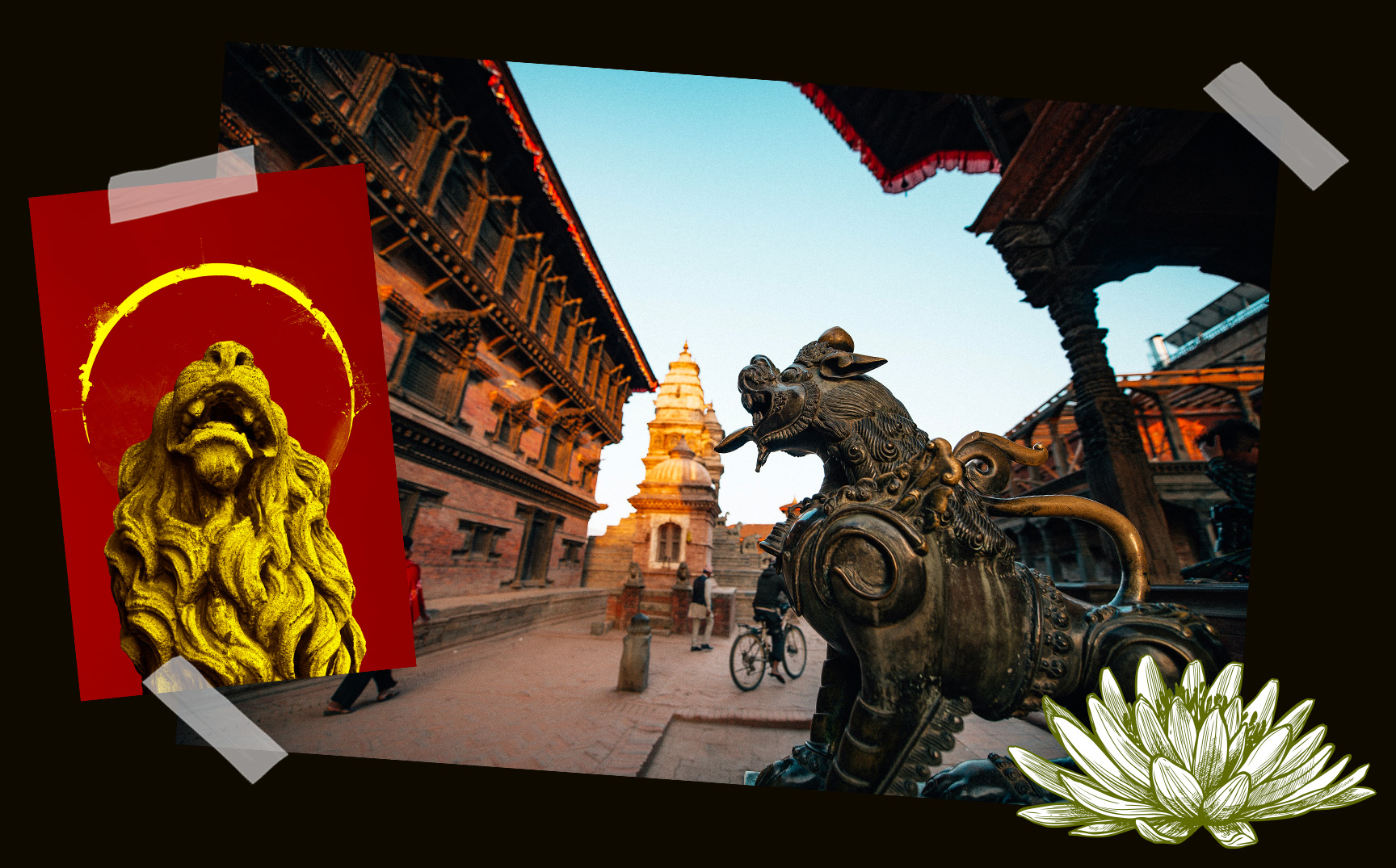
At our hotel, with a quick transformation into the role of outraged trekker, Roman grouses about wasted time, zero chances, and that we have work to do. I tell him there is a story here at the very least, but not to come if he doesn’t want to. He stays with a book and a stock of smokes on the patio of our not very expensive but surprisingly nice hotel, Ganesh Himal. The garden is large enough that the hotel guests can disperse in small groups among palms and rhododendrons, with two wooden gazebos in the classic Buddhist temple architecture, and a fountain with bubbling water in the middle. All of this hidden within the four walls of the hotel, high enough to separate this oasis from the bustle of the Asian mountain metropolis but low enough to let the sunshine in. I am a bit jealous of Roman, but adventure is calling.
A meeting with Mingmar outside of the station follows. It is busy, riddled with the sound of many old-style submachine guns, always someone shouting. They let us in the building after presenting our passports and a trustworthy story, supported by our faithful guide.
The fat moustached guy at the first counter is suggesting that our story will probably not move anyone. When detailing the damage, which we had to quantify, he only raises his eyebrow. Well, the highest configuration and memory, my friend argues. As if the mustache man cared. And intellectual property, I joke, as if the mustache understood. He points his chin in the direction of the hallway, which is framed by bars on both sides.
Hookers, Mingmar comments when we look right, where, in a relatively small room, about four by four meters in size, there are about 30 women, with gypsy looks and running makeup, crowded together. It looks like a cube full of black eyes and even blacker, greasy hair, which is slowly forgetting that only recently it was carefully ironed and is starting to twist. As for their work clothes, most of them have chosen jeans and Adidas accessories.
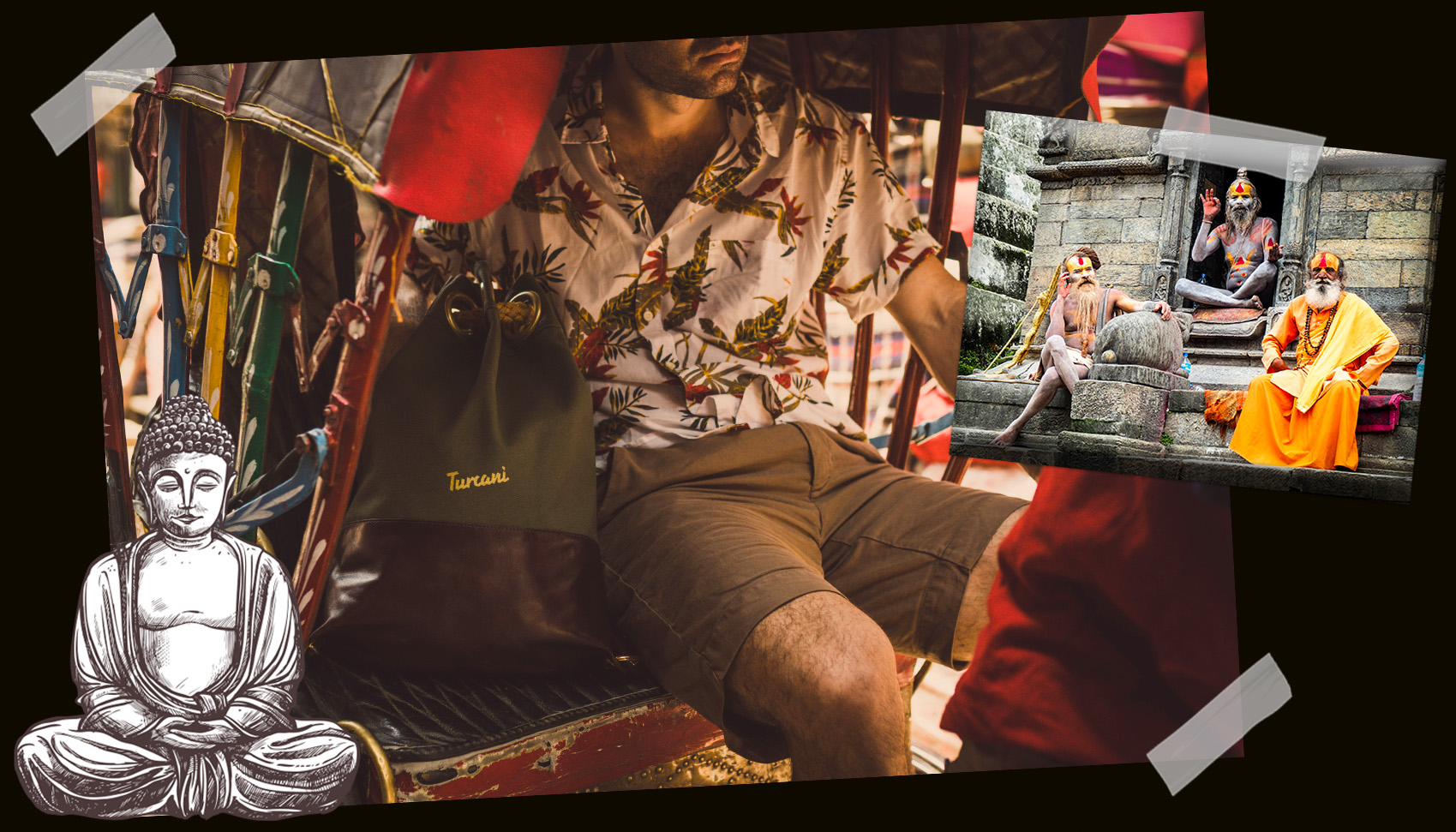
The outer side of the bars is weighted by groups of kids, reaching for their makers. Pimps, Mingmar says when we turn left, and he immediately says hello to two or three. Again, a lot of Adidas, this time no children. We had found a good guide. My friend and I smile at each other.
But Mingmar looks honestly irritated with the situation.
He has lived and worked in Kathmandu for thirty years, and he is the type that can make anything happen. This means that he knows everyone here. He has a wife, two children, and a business that is suffering because of petty criminality. That is the reason he is so displeased. He says that this does not happen and that we will find the thief. Studying his anger, I am starting to believe that this may not be a typical Indian scenario, when typically at the end you're dealing with the insurance company in your country.
After half an hour in the hallway, they let us in an office, a young man seated with a giant book in front of him. In the book are a record of all a myriad of cases, fingerprints, and written statements, as well as his investigative observations. It's an archive of all sins and sinners, killed or run over by crazy rickshaw drivers, lost and found items in his district. He sadly points to an old computer that looks like a leftover artifact from a dusty display at an Ikea, and says he brought it from home.
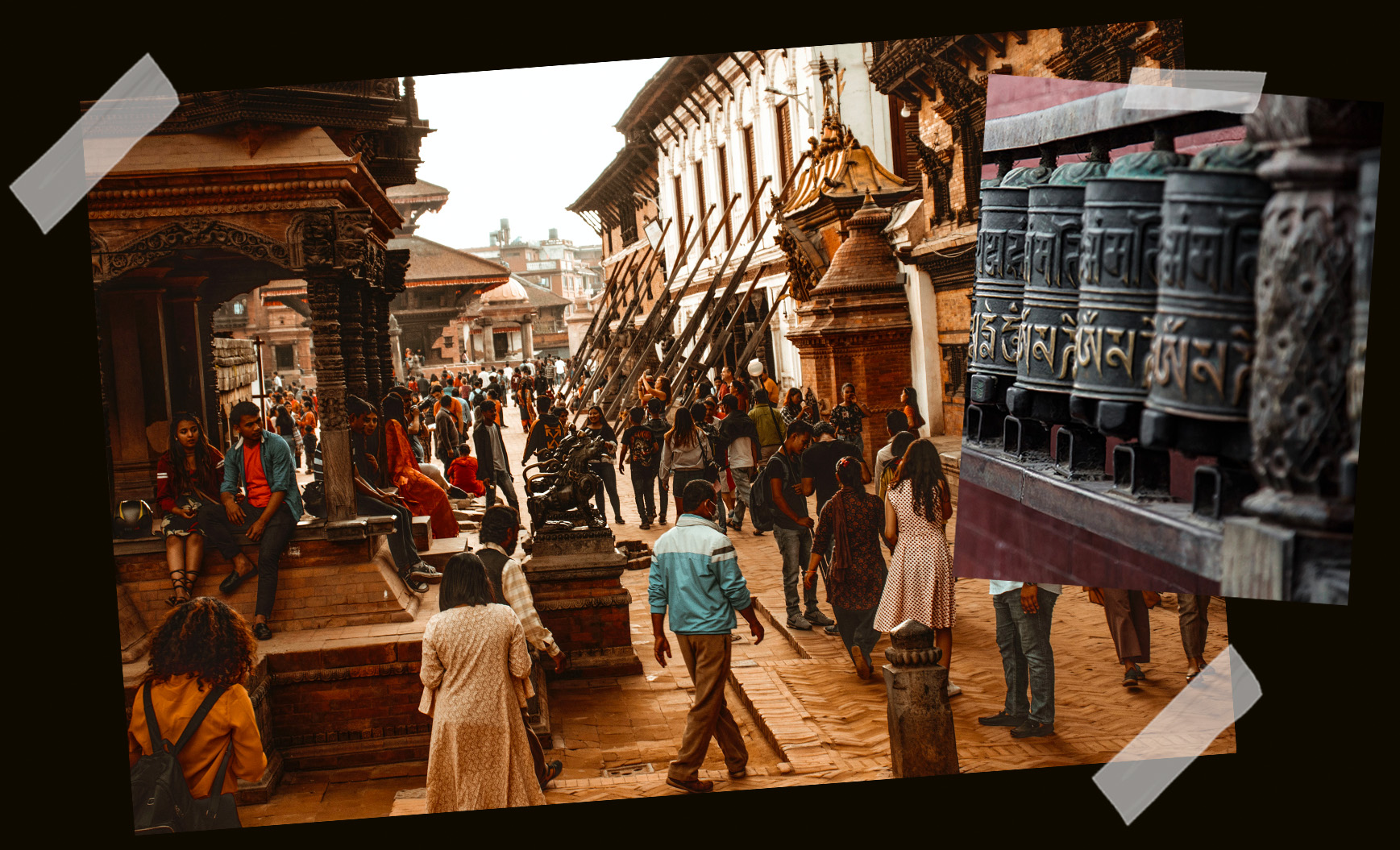
After the hearing, he records our case in his bible and when we sign it, he starts to get dressed to leave. We're surprised, and we ask where he's headed, to which he answers, “to find the phone."
After two days of watching camera footage (the entirety of Kathmandu is covered in security cameras), visits to three taxi services, and stalking the house of the local delinquent youth, the shaken cab driver is standing at the police station, firmly pressed to the wall by our small Mingmar. He gently squeezes out of the thief more specific coordinates of my friend’s phone.
After such interrogation, the offender is generously let go into the street by the detective, with a small note in the big book. He has learned his lesson, the young detective confidently proclaims. On Mingmar’s recommendation, a green Ulysses S. Grant from our pocket discreetly changes ownership. He has saved our story.
With the phone back in our hands, we head back to the bar only to find our friend smiling and sitting at the very same spot where we had left her two days ago, as if time had stood still.

Turcani Tips
Images from Unsplash